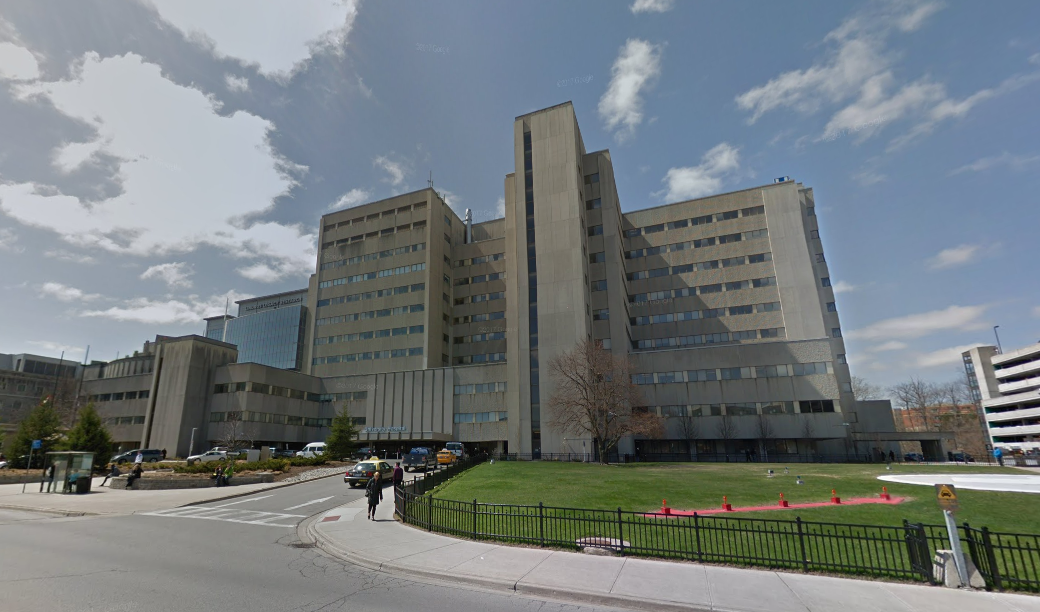The London Health Sciences Centre is celebrating two pioneering achievements in cardiac surgery that saw two patients needing heart valve replacements avoid invasive open-heart surgery.

The two procedures were performed earlier this year, and one was a world-first.
The first procedure involved implanting a new trans-catheter aortic valve — called the Medtronic Evolut Pro Valve — through the femoral artery of Herline Poeltl.
“I knew I wouldn’t be able to manage much longer without surgery to fix my heart,” said Poeltl Tuesday. “I was out of breath and my legs were very swollen.”
The successful surgery, which was a first in Canada, meant Poetle would not have to undergo open-heart surgery and the six to eight weeks post-surgery recovery period. Instead, through minimally invasive surgery, Poeltl’s recovery time was much shorter and is expected to give her better long-term outcomes, officials said.
“I couldn’t believe how much better I felt when I woke up from surgery. It’s been nice to get back to the things I enjoy again like tending to my gardens and taking care of my home,” said Poeltl.
Just one week after Poeltl’s surgery, another woman was in need of a similar valve replacement.

Get weekly health news
Doctors found that Rosa Mascherin’s femoral artery was too small for the valve to be implanted the standard way, so for the first time in the world, the Medtronic Evolut Pro Valve was implanted directly through the main aorta.
“I was very sick before the operation,” said Mascherin. “I was always out of breath, and had trouble doing the things I loved like cooking and spending time in my garden.”
“Now that I’ve had the surgery, I’m in the kitchen all the time and feel confident going out knowing that I won’t lose my breath the way I used to,” said Mascherin.
Both Poeltl and Mascherin were able to avoid open-heart surgery and the extensive recovery that a typical valve replacement surgery requires, officials said.
WATCH: Saint John surgeons the first to perform mitra valve heart surgery in Atlantic Canada

The implantation procedure is minimally invasive and more effective in preventing leaks, officials said.
“Leakage used to be a concern with valve implantation, but this device has a double ‘skirt’ to help avoid that potential,” said Dr. Bob Kiaii, chief of cardiac surgery at LHSC
“It’s a big advance for patients needing this type of procedure,” he said.
Kiaii added both Poeltl and Mascherin have been able to return to the lives they had before they became ill.
“There’s nothing more rewarding for a surgeon than to see patients leave the hospital with a new lease on life,” he said.












Comments